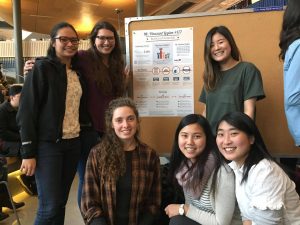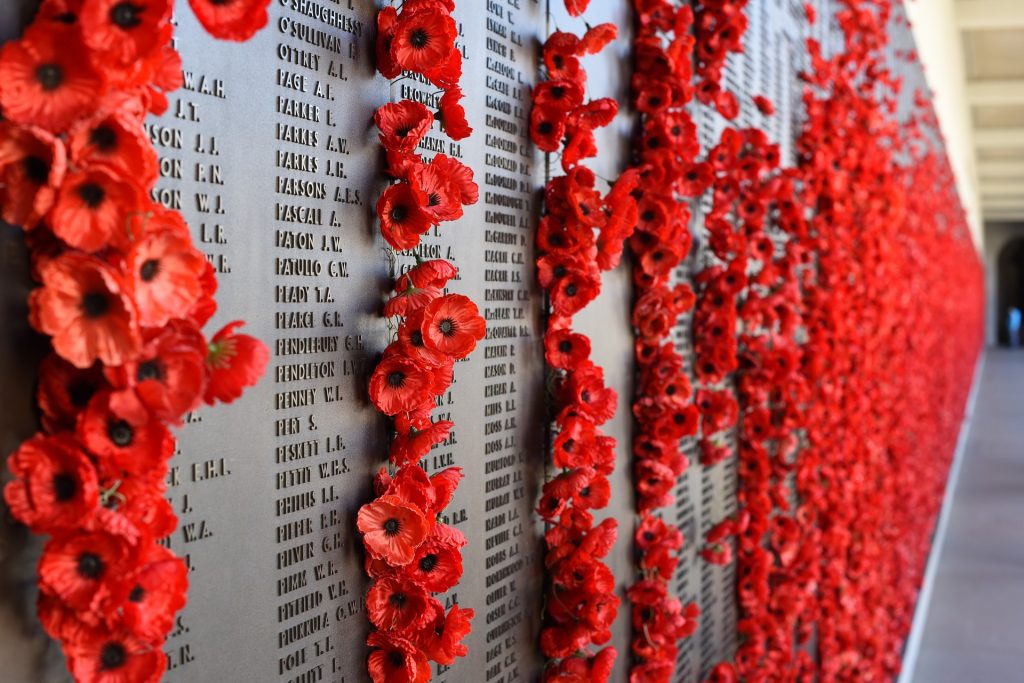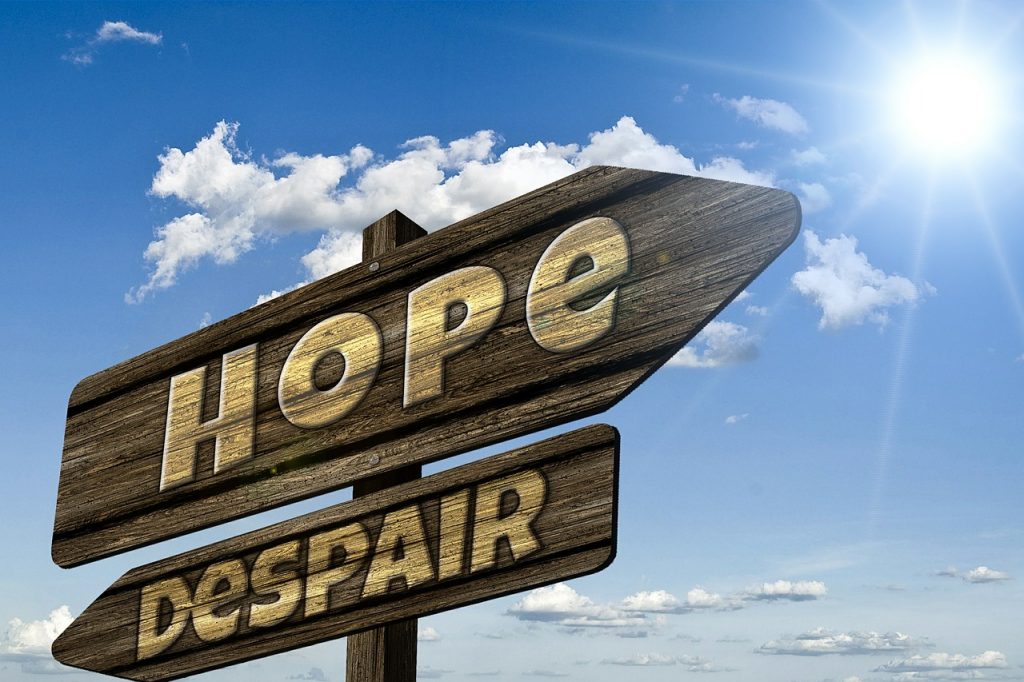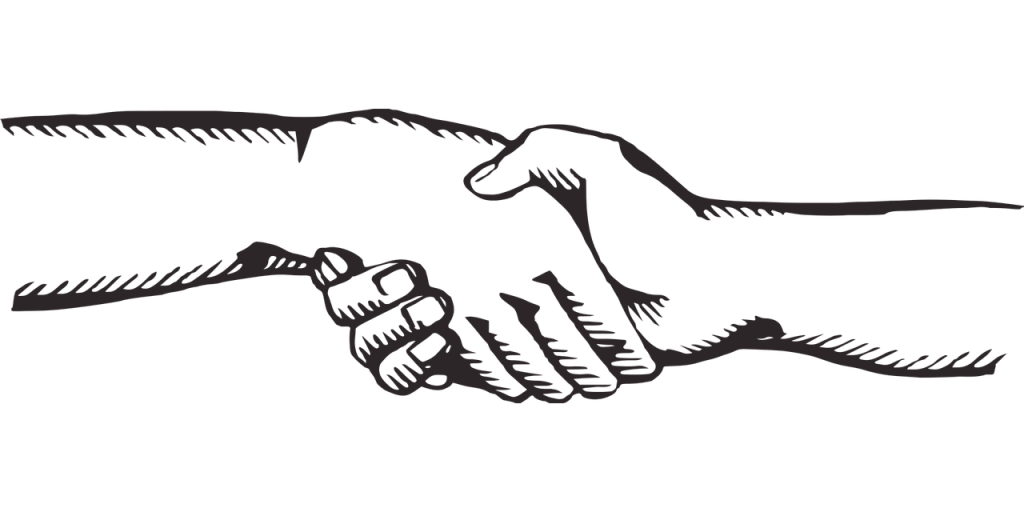
LFS 350 Final Presentation
We are almost at the end of our journey with our project with the Mt. Pleasant Legion. Going back to our expectations from the beginning, the project certainly didn’t play out as we anticipated, but we have learned a great deal of information about the Royal Canadian Legion, and grown in many ways both as a group and individually through the process of completing our project. This experience has taught us to “expect the unexpected”, and developed our abilities to adapt to the curve balls life throws at us. Now for our last entry, we share with you our final moments of this project, and use the ”What, So What, Now What” framework, to reflect on our moments of significance throughout this project and course.
What
We are almost at the end of our journey with our project with the Mt. Pleasant Legion. Going back to our expectations from the beginning, we learned a great deal of information about the Royal Canadian Legion and reflected on significant realizations as a group going through the process of completing our project. This experience has taught us to “expect the unexpected” and learned to adjust according to the curveballs that passed us. Now for our final entry, we describe the continuation of our experience as we conclude our journey with the project.
Since the last blog posting, we attempted to schedule a detailed interview with Isabel, the Mount Pleasant Legion President twice over the phone. The reasons cited for turning us away the first time we asked for an interview was because they were too busy with organizing Remembrance Day activities to conduct an interview with us. Instead, we were advised to try for an interview after Remembrance Day. With that logic, the first call we made was the day before Remembrance Day as we wanted to schedule the interview to be as soon as possible after the 11th, on their earliest convenience. What happened instead was that we were told to call back and try again after the 15th as the Legion was still busy finishing up with Remembrance Day tasks. As such, we called in again on the 16th, and once again, we were told the Legion was still too busy and to try again in December. This was our moment of significance, the point in our project when it became clear that we would not be getting our interview as hoped. The confirmation that we have, more or less, failed in completing what we set out to do. Upon the recommendation of our teaching assistant, we made one last attempt to gather data by curating a short online survey that we emailed to Mount Pleasant Legion. As we anticipated however, no replies to our survey were submitted and it is our observations of the Legion that we will have to rely on to finish off this community-based research project.

Attempting to approach the Legion during their busiest month of the year is definitely not the ideal choice when it comes to timing. Picture credit: https://pixabay.com/
Though we were ultimately unable to conduct a formal interview with Isabel these past couple of weeks, we were able to meet with Sarah Carten at CityStudio with the rest of our tutorial group during our last flexible learning session. Our group thought that the information provided at this meeting was untimely since our presentation and report were due within the next two weeks. We would have preferred to have met with Sarah earlier into the start of this project, when we were most confused about what expectations she had for us and our community based research with the Legions. Regardless, this provided an opportunity for us to hear and meet Sarah and collectively share the experiences that each group had during the past few months.
So What
This moment of significance was important because it gave us a realistic view of what community based research involves. Our ultimate failure to conduct an interview with the Legion after multiple attempts has shown us that community based research often comes with an “ugly” side of rejection due to issues and factors beyond our control, such as wrong timing. In our situation, Mt. Pleasant Legion’s business with Remembrance day activities during the months of October to November led to difficulty in our attempts to connect with them, and an inability to complete our interview. It also underscored the importance of social capital, the features of society which facilitate coordination and cooperation for mutual benefit, such as networks, norms, and social trust, in conducting work within communities (Putnam, 1995). In order to work efficiently and effectively with closed communities, we need to build relationships with them and persevere in doing so. Initiating new community partnerships is a difficult task however, and for it to be successful, a foundation of mutual trust must first be built. Due to the time constraints of our project, perhaps if we had optimized on pre-existing relationships and approached the Legion through partnerships they already had in the community, we may have had more success. Instead, we approached the Legion as foreign faces, and, because we did not have ample time to build out that foundational relationship with the Mt. Pleasant Legion, we were met with continued resistance.
Ultimately failing, and the multiple failures we encountered in the process leading up to it, are also important moments of significance for us because of the skills it has developed within us. By this point our group has fully embraced the idea of viewing failure not as a negative experience that should be dwelled upon, but as an opportunity for learning and growth to propel ourselves forward, as articulated in the “Failure is Your Friend” episode of the Freakonomics Podcast. It has also allowed us to become more comfortable with encountering frequent changes to our outlined plans, and learning to face these dynamic challenges head on, as shown by Dan Barber in his quest to replicate a humane way to make foie gras in the “Poultry Slam 2011” episode of the This American Life Podcast. These were challenges that we faced over the course of our project this term, but they are not exclusive to this project alone. Every one of us will encounter similar obstacles as we continue on in our academic and eventually professional careers, and we will be better equipped to tackle these problems when they arise.

Through successive instances of rejection and failure, we’ve learned not to face failure with despair, but choose, instead, to learn from those failures and stay optimistic and hopeful. Picture credit: https://pixabay.com/
Now What
As a consequence of not being able to conduct an interview and receiving no submissions to our online survey, our research findings will have to be based solely on the initial informal encounter one of our group members had with Isabel. These findings are not comprehensive in any way, so we are unable to directly fulfill the City of Vancouver’s project objectives. Our experience with making connections with community partners has taught us to place importance on building trust between the partner and ourselves in order to ‘get our foot in the door’ and that this process requires ample time. In light of this learning, our research suggests that the City of Vancouver must first critically consider their social capital with the Mount Pleasant Legion, and ultimately any community partners, before proceeding to gather data.

Developing trust between us and our community partners is an important first step for community based research. Picture credit: https://pixabay.com/
References:
Putnam, R. D. (1995). Bowling alone: America’s declining social capital. Journal of democracy, 6(1), 65-78.